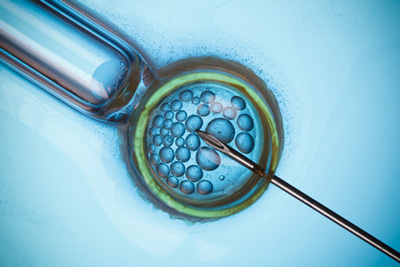Teva supports IVF Worldwide to improve knowledge of fertility preservation protocols
Posted: 10 March 2016 | | No comments yet
Teva is to support IVF-Worldwide with a research grant to improve knowledge of fertility preservation protocols for women diagnosed with cancer…


Teva has said it will support IVF-Worldwide with a research grant to improve knowledge of fertility preservation protocols for women diagnosed with cancer before initiating cancer treatment.


An estimated 40,000 women aged 18-40 are diagnosed with cancer in Europe each year. While women of child-bearing age who are diagnosed with cancers such as leukaemia, lymphoma and multiple myeloma have a high survival rate, cancer treatments such as chemotherapy or radiotherapy may cause permanent damage to their ovaries and greatly reduce their chances of having a child after treatment.
In most cases, the only chance of future conception is the retrieval and preservation of oocytes (eggs) or the preservation of embryos derived from these oocytes. Both procedures must happen before cancer treatment is initiated, often within days of diagnosis to avoid delays in starting cancer treatment. The research aims to improve knowledge of various ovarian stimulation protocols to produce oocytes for cryopreservation prior to chemotherapy or radiotherapy and establish the most effective protocol.
Optimal stimulation protocols
“At present, a lack of data regarding the number of preservation protocols and their success rates make it difficult for physicians to choose the best possible fertility preservation treatment for their patients,” said Professor Milton Leong, Medical Director The Women’s Clinic Hong Kong and co-founder of IVF-Worldwide. “This research will allow us to gain insights into ovarian stimulation protocols for oocyte/embryo preservation and draw conclusions on optimal stimulation protocols for fertility preservation in women with cancer.”
Evidence shows that specialised counselling about fertility risk and preservation options is linked to a greater quality of life for cancer survivors. Recent research has found that women who did not undergo pre-treatment fertility preservation experienced more regret about their decision than those who did undergo treatment to preserve their fertility, and that this may consequently affect their psychosocial wellbeing.
“This research will enable collaboration between IVF-Worldwide and approximately one hundred IVF centres across seven European countries. It will raise awareness among oncologists of the opportunities for young women diagnosed with cancer who wish to try and preserve their future fertility,” said Professor Zeev Shoham, co-founder of IVF-Worldwide.



